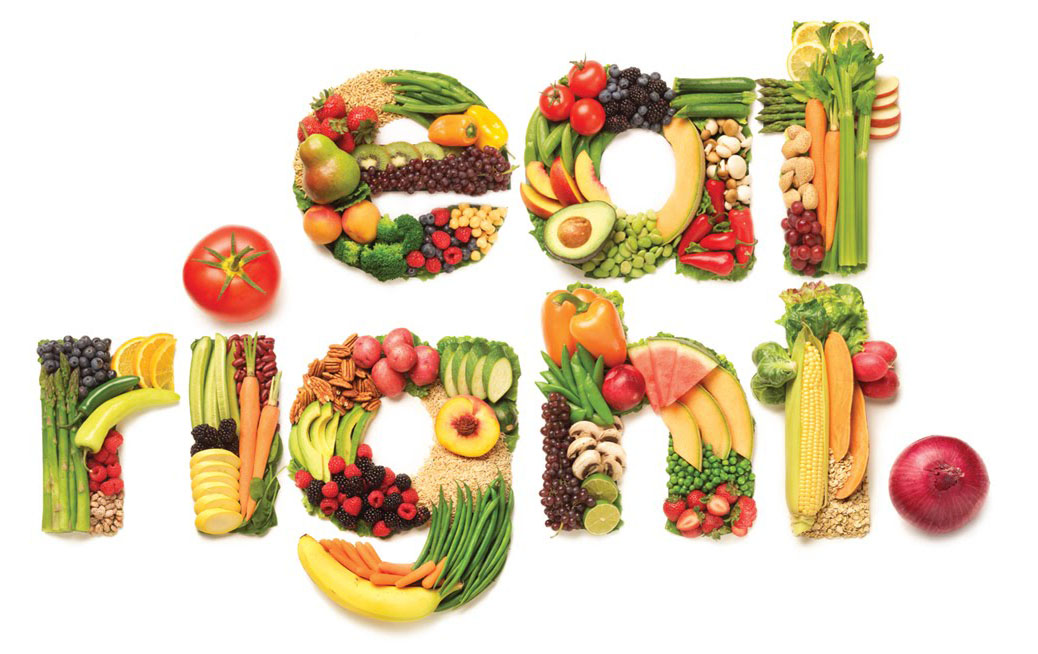Managing Nutrition
Dangers of Being Obese
Dietary habits that start early in life are a big factor in body weight, especially obesity. In the US, the CDC reports that obesity reports have risen drastically. If a person's body weight is 20% than it should be (or higher), they are obese. Issues associated with obesity include high blood pressure, excess cholesterol, stroke, sleeping issues, and much more.
Choosing Healthy Nutrition
There are recommended ranges for nutrition that a person should follow when eating:
- Proteins should be 10-35% of total calorie intake
- Carbohydrates should be 45-65% of total calorie intake
- Fat should be 20-35% of total calorie intake
There are certain foods and ingredients one should avoid. For example, processed foods like frozen pizza, fast food, and snacks. Ingredients that have high amounts of trans-fats and saturated fats are a danger. High fructose corn syrup is another ingredient that should be avoided, as it is found in several sweets. This syrup could severely raise a person's blood sugar if too much is consumed. It's important for a person to portion themselves, this could be done by looking at a food's serving size.
Fad diets & Advertisements
Often times, influencers and people on social media will try to convince others to try certain diets. However, they are not always as reliable. These diets promise to help people lose weight quickly and easily. This is unrealistic and a danger to one's health. A few of these diets are the keto diet, lemon detox, and HCG.
Advertisements can't always be trusted. Certain soda, cereals, snacks, and more may be marketed to be "healthy" but in reality they have unhealthy ingredients. Don't be tricked, read the food labels before buying a product,

WCC. “Moving Towards Better Nutrition,” Greater Houston Women’s Chamber of Commerce, 23 Aug. 2018, ghwcc.org/2018/08/moving-towards-better-nutrition/. Accessed 8 July 2020.
Module 7
Sources Used: “Log In to Canvas.” Ccsd.Instructure.Com, ccsd.instructure.com/courses/1361626/pages/module-7-overview?module_item_id=15747304. Accessed 8 July 2020.
Comments
Post a Comment